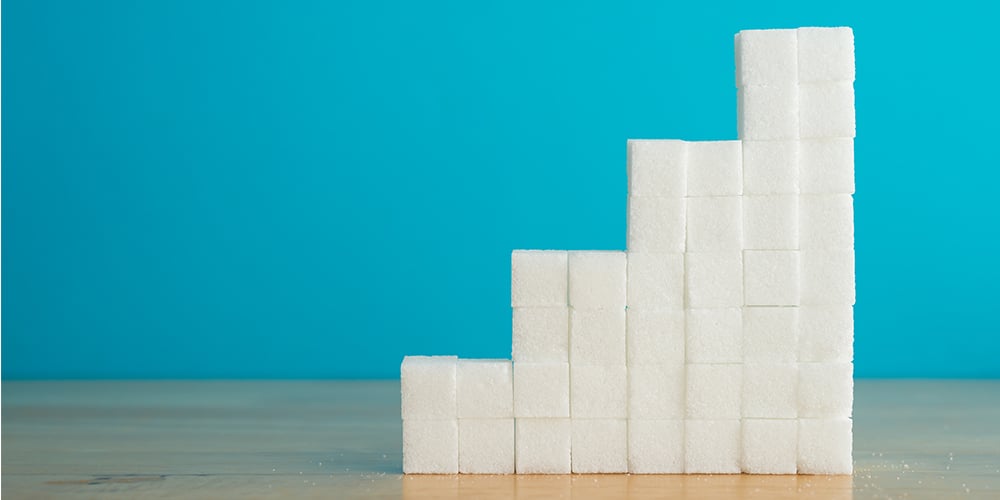Sign up for expert insights, industry trends, and key updates—delivered straight to you.

The Sugar-Sweetened Drinks Tax (SSDT) is an important consideration for businesses involved in the production, import or distribution of sugar-sweetened drinks in Ireland. With strict tax compliance requirements and potential financial implications, it's essential for affected businesses to understand how the tax applies, what the rates are and the reporting obligations involved.
In this article, we outline the key aspects of SSDT to help businesses stay compliant.
How the sugar tax applies to drinks
To determine whether a drink is liable for SSDT, four criteria must be satisfied:
- Combined Nomenclature (CN) classification – this applies if a ready-to-consume drink (including those prepared from concentrates) shares the characteristics of drinks falling under CN 2009 and 2202, such as juices, waters or juice-based drinks.
- Addition of sugar – the drink must contain sugar or a sugar-based substance added during production. Drinks sweetened only with artificial sweeteners are not liable.
- Total sugar content – the drink must contain at least five grams of sugar per 100 millilitres in ready-to-consume form.
- Calcium content – for plant protein drinks or those containing milk fats, the calcium content must be less than 119 mg per 100 millilitres.
Sugar tax rates and thresholds
SSDT is charged on a volumetric basis, with two possible rates:
- €16.26 per hectolitre for drinks containing five grams or more but less than eight grams of sugar per 100 millilitres.
- €24.39 per hectolitre for drinks containing eight grams or more of sugar per 100 millilitres.
SSDT registration requirements
Businesses making first supplies of SSDT-liable drinks within the State, or exporting these drinks, may be required to register for SSDT.
Registration should be completed through the Revenue Online Service (ROS).
Filing SSDT returns and making payments
SSDT returns must be filed through ROS every two months. Each return is due by the end of the month following the relevant bi-monthly period.
Businesses must calculate the volume of ready-to-consume drinks liable for SSDT based on the applicable rates.
Available SSDT reliefs for businesses
Relief from SSDT may be claimed in the following situations:
- Exports: Full relief is available for products exported outside the State. Claims must be made between one month and six months after the end of the accounting period in which the supplies were made. Relief operates on a repayment basis to the exporter, who is treated as having paid the tax.
- Returns to supplier: Relief may also be claimed when taxed goods are returned to the original supplier.
- Returned exports: If exported goods on which tax relief has been claimed are returned, the corresponding relief must be repaid to Revenue.
Record-keeping requirements under SSDT
Suppliers must retain all SSDT-related records for a minimum of six years. These records must be available for inspection by Revenue if requested.
To find out more, please contact Janette Maxwell or Eimear Nyhan, who will be happy to have an initial conversation with you.


